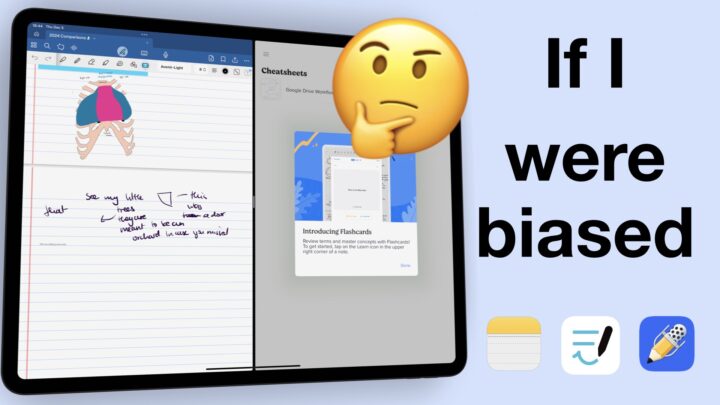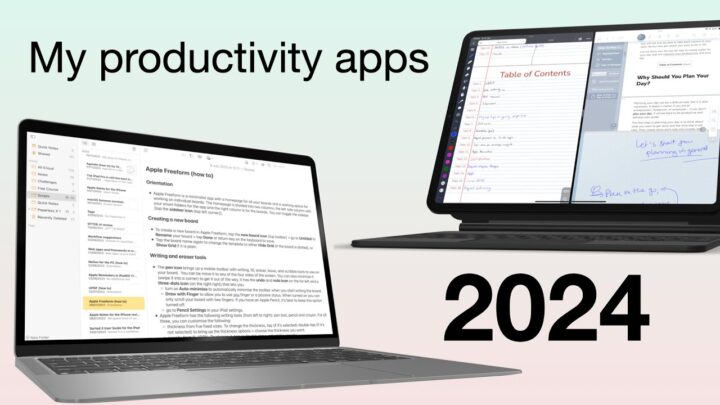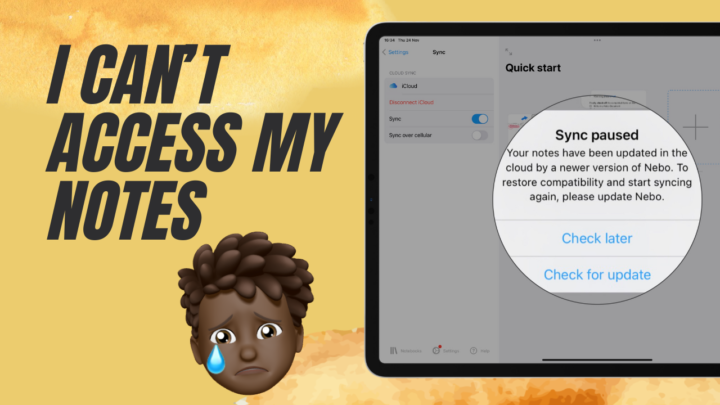What is a native app?
An application or software developed for a specific platform or device is called a native app. For example, an app developed for iOS is a native app for that platform. This also applies to macOS, Windows, and Android platforms. An example of a native app is Noteful, a handwriting note-taking app for the iPad. It also has a version on iOS, but nowhere else.
What is a web app?
A web app runs on a web server and is accessed through a web browser over the internet. You don’t need to download or install it on a device. Instead, you can access it on any device with a compatible web browser. It is usually cross-platform. Web apps have typically been used for social media and communication (Facebook, Instagram, Twitter). But as the internet evolves, we are starting to see them used for productivity apps, such as Notion, Trello, Slack, etc.
Native vs web apps
Native apps are considered better than web apps because they take full advantage of the device’s capabilities (like GPS and camera), making them faster and more responsive than web-based apps. They tend to have a more polished user interface and better offline capabilities, which makes them more convenient and improves the overall user experience.
Since you don’t have to install web apps, they are more accessible. However, they are generally slower and less responsive than native apps. Their cross-platform accessibility makes them a go-to option if you don’t like being confined to a single ecosystem.
Hybrid apps
Hybrid apps can provide good performance and access to a device’s features, but they can also be accessed from any device with a browser. Most web apps have eventually morphed into hybrids as they start building apps for specific devices. Different technologies allow hybrids to access a device’s features while keeping its web-based functionality.
What should you use?
We’re inclined to use native apps over the web and hybrid apps for several reasons. They’re accessible offline, and most of them don’t require you to sign in to use them. The number of passwords we’ve had to create over the last couple of years is shocking. We can’t help but feel it’s just building up to a massive catastrophe, and we are not sure how it will manifest. If you don’t need to constantly share your work with anyone or you prefer working alone, a native app makes a lot of sense.
However, as our teams become more remote, hybrid apps are starting to make sense. We find ourselves in need of collaboration features in our native app. That’s a problem that web and hybrid apps can easily solve. Their cross-platform availability also means that everyone on your team is free to use a device they prefer. We’re not thrilled about the accounts we have to create for all these digital tools, though.





